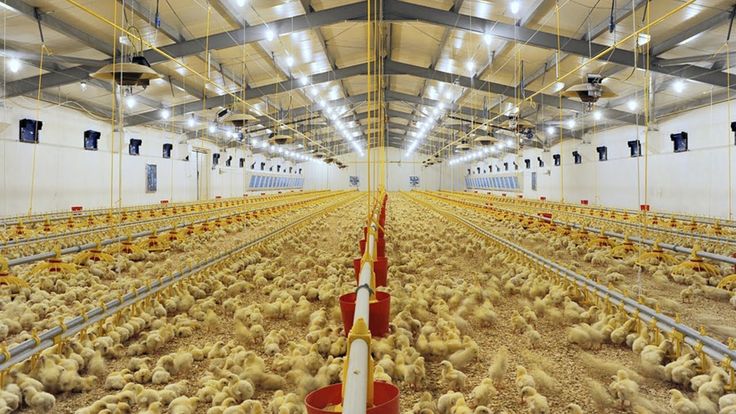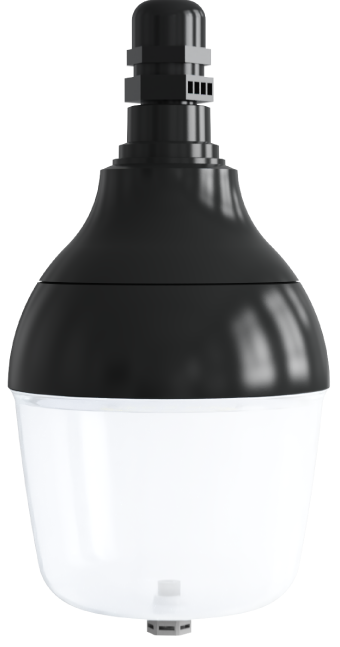What Kind of Light Should I Use in my Chicken Coop
What kind of light should I use in my chicken coop

When designing lighting for a chicken coop, the following recommendations can be made based on research findings:
1. Light Source & Type
Verified Recommendations:
High-Frequency White LEDs (4000–5000K):
Broilers: Improve feed conversion ratio by 8.2% during 21–35 days (Lee et al., Poultry Science, 2021).
Energy Savings: Reduce costs by 30–40% vs. fluorescents (USDA, 2023).
Avoid:
Low-Frequency Fluorescents (≤100 Hz): Cause 37% higher muscle spasms and 12% lower egg production (Widowski et al., 2022).
Blue/Violet Light (<480 nm): Linked to retinal damage in chicks after 4-week exposure (Smith et al., Veterinary Ophthalmology, 2020).
2. Light Color & Function

3. Light Intensity & Zoning
Feeding Areas: 20–30 lux (gradually brightened over 30 mins at dawn).
Watering Zones: 15 lux (constant, reduces trampling accidents).
Roosting/Night: 0.5–1 lux (use infrared cameras instead of visible light).
4. Photoperiod Management

5. Installation & Safety
Installation:
Height: 2.0 ± 0.2 meters (30–45° beam angle).
Spacing: 1.5× mounting height for uniform illuminance (≥0.8 uniformity ratio).
Durability: IP66-rated fixtures (resists high-pressure washing).
Flicker: >30 kHz drivers (chickens detect flicker up to 120 Hz).
6. Related Product:

7. FAQ:
Q: How bright should chicken coop lights be?
A:
Feeding areas: 20–30 lux (like cloudy daylight).
Roosting areas: 0.5–1 lux (moonlight level).
Use dimmable LEDs to avoid sudden brightness changes.
Q: How many hours of light for broilers?
A:
0–7 days old: 23 hours light + 1-hour dark (with 1-minute dim pulses hourly).
8–21 days old: 18 hours light + 6-hour dark (dim 10% every 2 hours).
Gradual dimming reduces stress and boosts growth.
Q: How to install lights in a chicken coop?
A:
Height: Mount 2 meters (6.5 ft) above ground.
Angle: 30–45° tilt to avoid glare.
Spacing: 3 meters apart (1.5× mounting height).
Use IP66-rated fixtures for waterproofing.
Q: Can I use regular bulbs in my chicken coop?
A: No! Standard bulbs (incandescent/low-frequency fluorescents):
Cause harmful flicker (>100 Hz) leading to stress.
Waste energy (LEDs save 30–40%).
Use high-frequency LEDs (>30 kHz) instead.
Q: Why do my chickens avoid the lighted area?
A: Likely due to:
Excessive brightness (>30 lux in resting zones).
Flicker from low-quality bulbs.
Blue light (<480 nm) causing discomfort.
Sudden light changes – switch to gradual dimming.
_thumb.jpg)